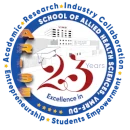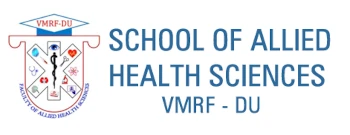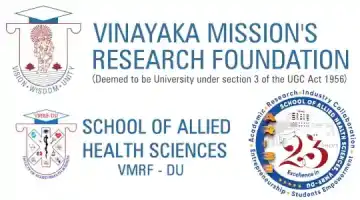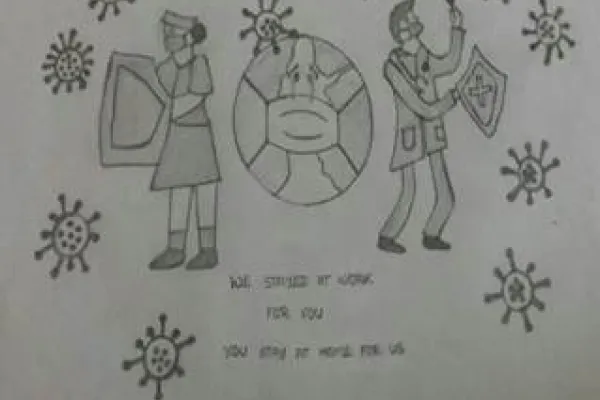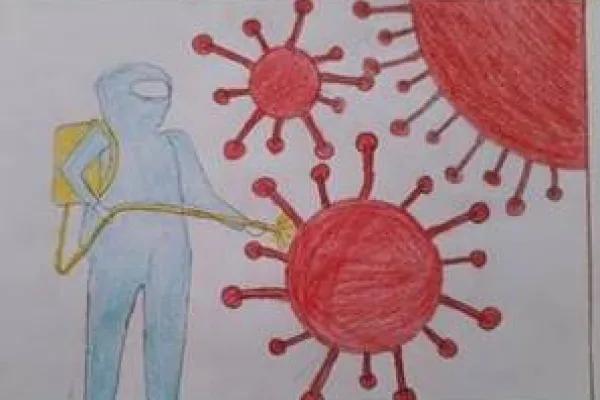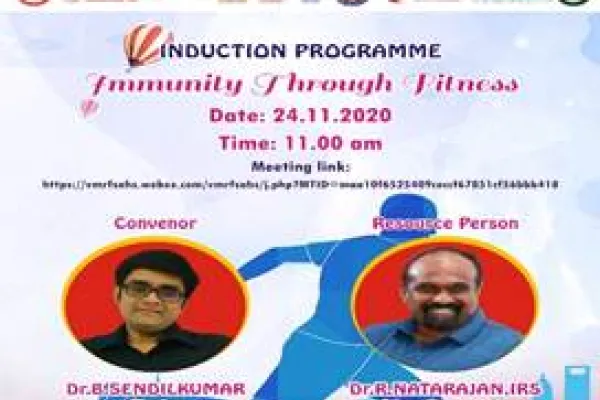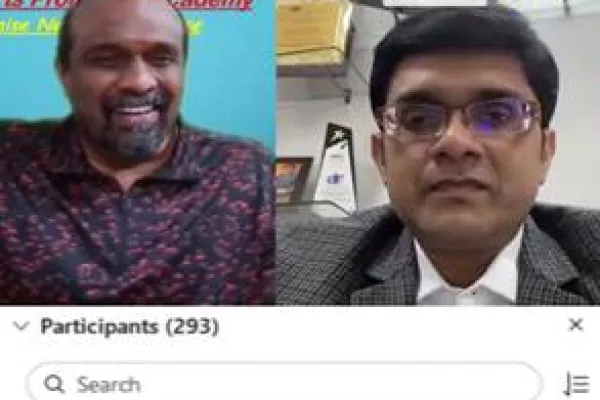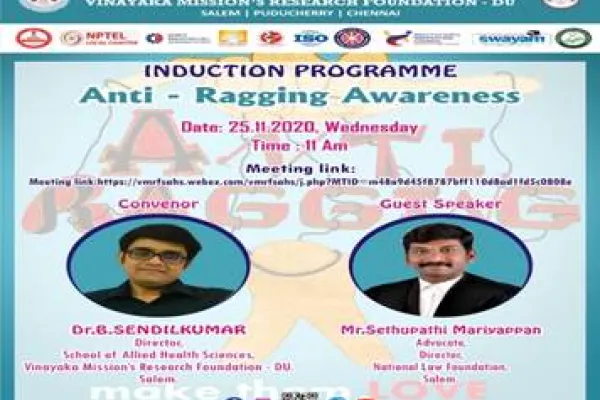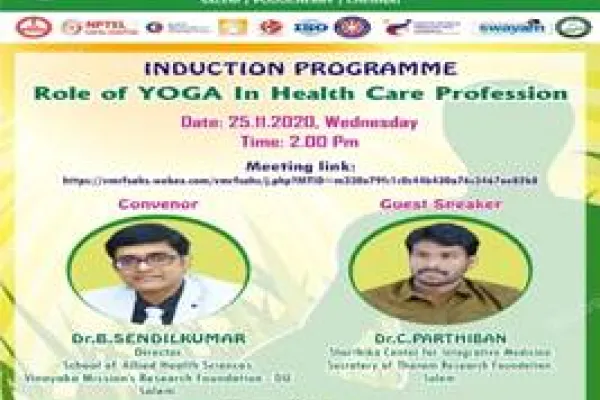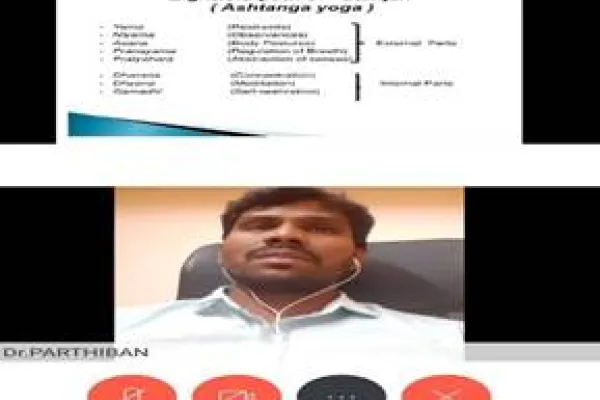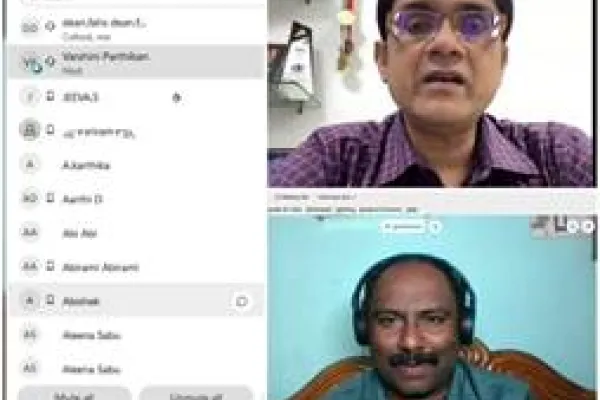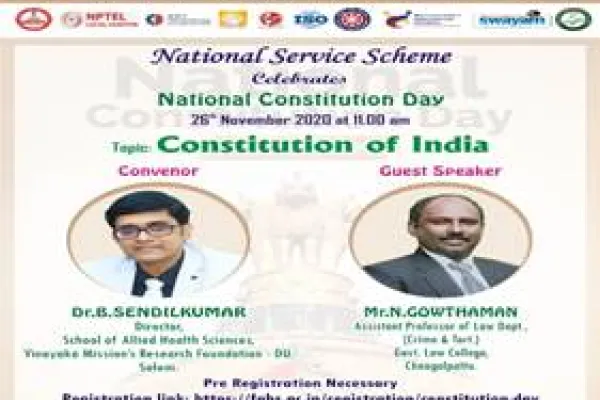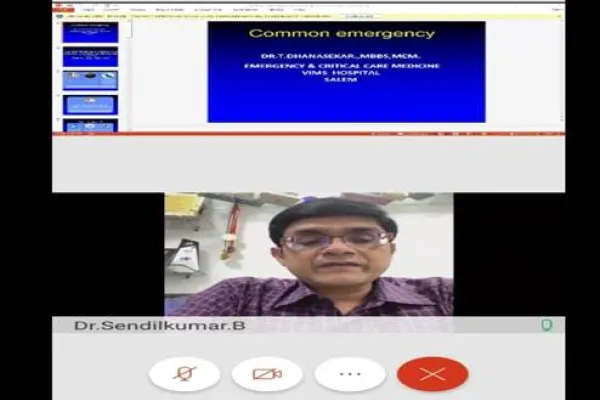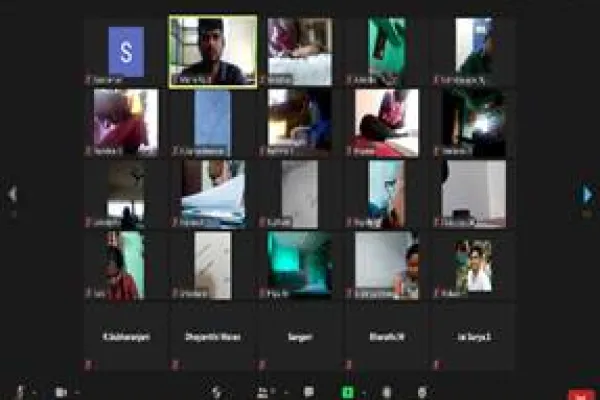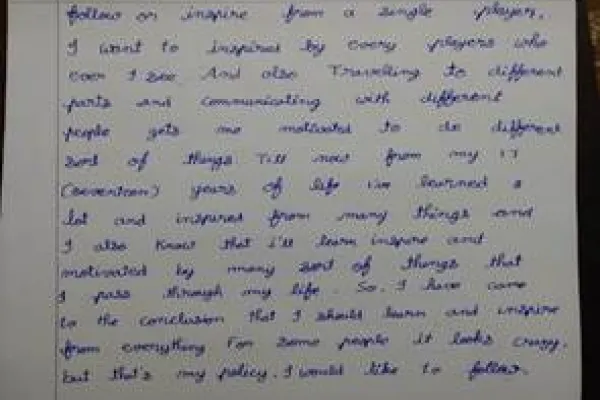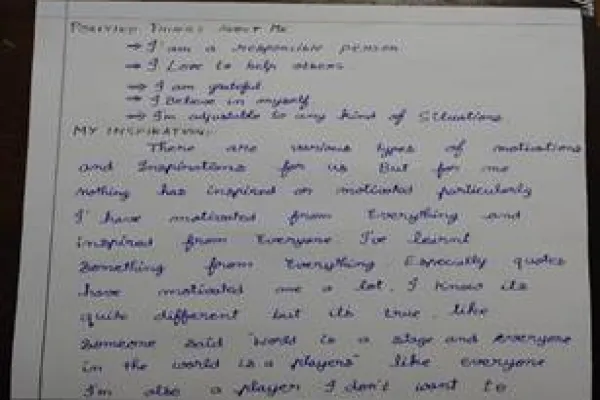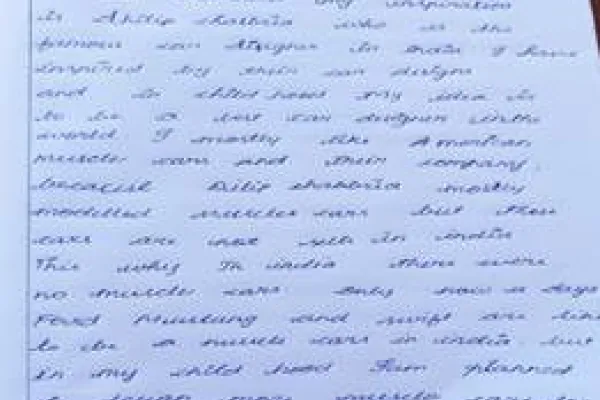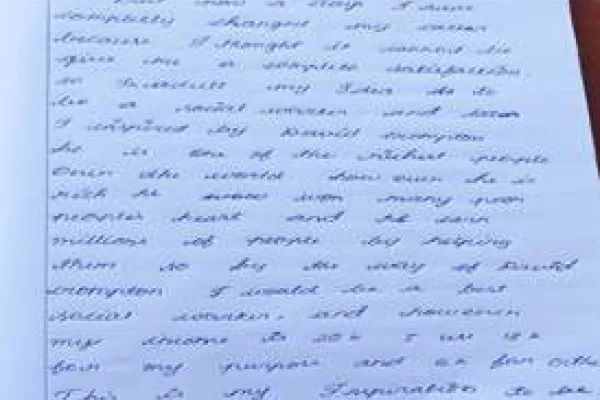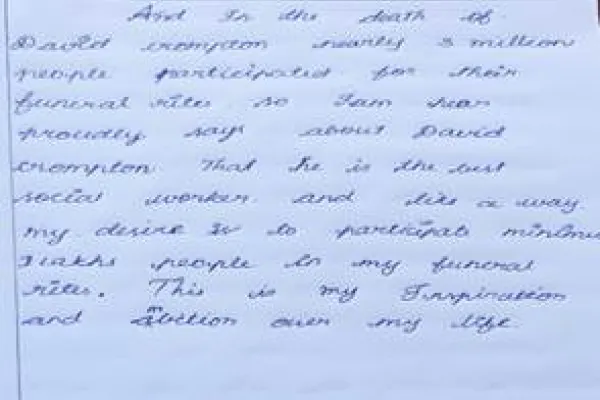2020 REPORT
The induction programme for all the undergraduate students was started through online mode on 23rd Nov 2020, paving way for a new world of professionals.
The objectives of the programme is to make the students feel comfortable in their new environment, open them up, set a healthy daily routine, create bonding in the batch as well as between faculty and students, develop awareness, sensitivity and understanding of the self, people around them, society at large, and nature. The time during the Induction Program is also used to rectify some critical lacunas and sensitize them towards exploring their academic interest
and activities, reducing competition and making them work for excellence, build relations between teachers and students and overall personality development.
The following events were organized in Induction programme:
|
S.No
|
Date
|
Time
|
Programme Schedule
|
|
1
|
23/11/2020
|
10:00 am to 11.00am
|
Introduction about Institution & Campus facilities
(Library, Hostel, Canteen, Admin) & Faculties
|
|
11.30am to 12.30pm
|
Introduction about relevant Department
|
|
2:00pm to 3:00pm
|
Creative Art Activity (Drawing, Painting,etc..)
|
|
2
|
24/11/2020
|
10:00 am to 11.00am
|
Institutional Rules & Regulations and Explanation of different functional Committee in College
|
|
11.00am to 12.30pm
|
Importance of Physical Activities (Special Lecture)
|
|
2:00pm to 3:00pm
|
Roles & Responsibilities of Technologists
|
|
3
|
25/11/2020
|
10:00 am to 11.00am
|
Anti Ragging Pledge & Awareness Programme by Mr.Sethupathi Mariappan, Director, National Law Foundation, Salem
|
|
11.00am to 12.30pm
|
|
2:00pm to 3:00pm
|
Special Lecture by Dr. C. Parthiban
Role of yoga in health care profession
|
|
4
|
26/11/2020
|
10:00 am to 11.00am
|
Campus & Hospital Visit (Through Video)
|
|
11.00am to 12.30pm
|
Social Awareness Webinar (About Indian Constitution) by Mr.Gowthaman, AP/ Government Law College, Chengalpattu.
|
|
2:00pm to 3:00pm
|
Webinar on First Aid Management by Dr.Dhanasekar, Department of Emergency & Accidental Care, VIMS Hospital,Salem
|
|
5
|
27/11/2020
|
10:00 am to 12:30pm
|
Literacy Activity ( Summary writing- Any General Topic)
|
|
2:00pm to 3:00pm
|
Special Talk by SAHS Alumni
|
Day: 1
All the students were given a warm welcome by Director Dr.B.Sendilkumar, SAHS. He delivered a speech on job opportunities of Allied Health Sciences professions and other aspects of college life.
He introduced all the faculties, who explained about each of their courses in brief. After end of the director speech, the students were split into department wise and the in-charges were gave brief introduction about college, relevant department activities and other support services like library, canteen, etc.
Afternoon session
Various creative activities are conducted by faculty members like drawing, painting, etc.
Day: 2
On the second day of morning session, the department in-charges explained about the rules & regulations of college and different functional committees in institution.
And also organized a webinar on Immunity through Fitness.The aim of the webinar is to educate the importance of physical activities to students. Director Dr.B.Sendilkumar, delivered the welcome address. Dr.R.Natarajan, Asst.Commissioner, GST, IAAF-Coach, Chennai invited as a chief guest of the programme. He delivered a special talk on the above topic.
Afternoon session
At the afternoon session, the department in-charges explained about the roles and responsibilities of technologists in medical healthcare professions.
Day: 3
On the third day of morning session, Anti Ragging Awareness Programme was conducted. The Director Dr.B.Sendilkumar, SAHS inaugurated the programme. Mr.Sethupathi Mariyappan, Director, National Law Foundation, Salem, invited as a chief guest of this programme. He delivered a lecture on the importance and gravity of the topic and various forms of ragging with examples were enumerated in the lecture. The consequences of ragging were taught and students were given awareness regarding the punishments for ragging under the law. Students were also informed of their part and the role they should play in approaching the concerned personnel in case they are faced with any instances of ragging. At the end of the session anti ragging awareness pledge was taken by students.
Afternoon session
Yoga instructor Dr.C.Parthiban delivered a lecture on “Role of Yoga in Healthcare Profession”. He explained the importance of mind, body and soul nourishment through Yoga. Because meditation and yoga brings a positive vibes among the students and if they do it regularly it will help in bringing positive outcomes which is advantageous for the scholars.
Day : 4
On the morning session, the college video was played to students to get better understand of college facilities and also conducted a webinar on Indian Constituent awareness programme. The aim of the webinar is to spread the importance of the constitution and to spread thoughts and ideas of Dr. Ambedkar. Director Dr.B.Sendilkumar delivered the welcome address. Mr.Gowthaman, Assistant Professor, Government Law College, Chengalpattu invited as a Chief guest of this programme. He delivered a speech about “Basic laws in Indian Constitution and its Importance” to students. Based on this programme, we create a quiz & reading preamble of constitution day pledge link for students to get better awareness about Indian Constitution.
Afternoon session
On the afternoon session of 4th day, the workshop was conducted on First aid Management. In this programme, Dr.Dhanasekar, Emergency & Acciental Care,VIMS Hospital, Salem invited as a chief guest. Director Dr.B.Sendilkumar delivered a welcome address. The special guest highlighted a set of clinical interventions for the immediate emergency management of cardiac arrest, heart attack and other life threatening medical emergencies as well as knowledge and skills to apply those interventions.
The students learned the basics of resuscitation like chest compressions, adult and infant breaths, management of choking in adults and infants etc.
Day : 5
On the morning session, various literacy activities were conducted like writing. speech,etc..
Afternoon session
On the afternoon, the online session “ Special talk by SAHS Alumni” was conducted. The various department alumni students were participated in this programme and they shared their great moments & experiences to first year students.
